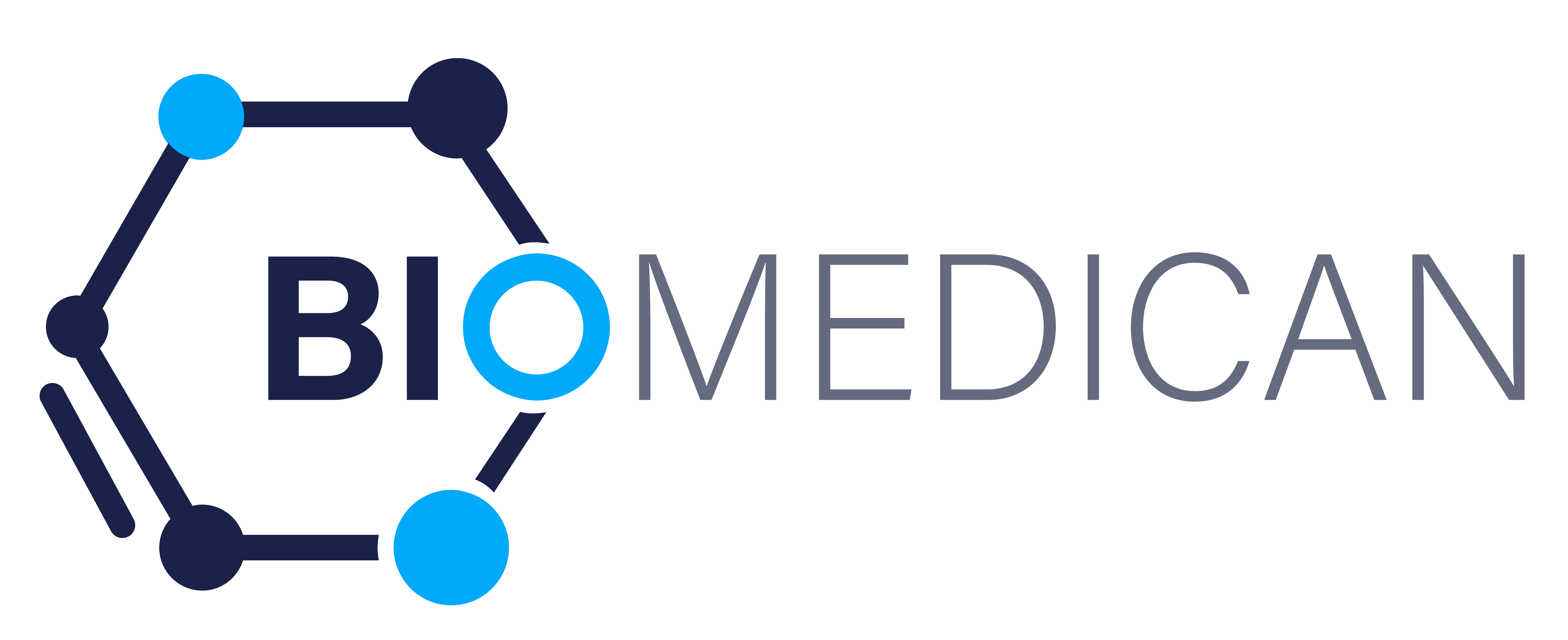Helena Tavares Kennedy recently published an article “Plants without the plant? A look at cannabinoids made with yeasts instead of plants” in Biofuels Digest, in which she highlighted Biomedican’s approach towards the production of cannabis without a plant. She explained how yeast-to-cannabinoid proprietary technology came about, who’s involved, what this means for the cannabinoid market, and more.
The cannabinoids market is rapidly booming due to the increasing demand for cannabinoids in pharmaceuticals, food and beverage, natural health, and cosmetics industries. Biomedican assessed the need to replace the traditional cannabis production method that is a costly process with short production cycles, limited yields, high labour and energy input, and an increased risk of contamination due to increased demand. Biomedican developed an alternative method, biosynthesis of cannabinoids, that can produce a scalable supply of cannabinoids, projected to have a global market value of $730 million by 2025.
Biosynthesis is a multi-step process by which living organisms convert simple compounds into more complex products. Biomedican manipulated the living organism to produce cannabinoids, following scientists’ footsteps at Eli Lilly. Pharmaceutical giant Eli Lilly utilized the biosynthesis process in the late 1970s that revolutionized other industries. They manipulated micro-organisms such as bacteria and yeast to create vast quantities of insulin fit for human consumption with a small input.
Biomedican developed a unique method of cannabinoid biosynthesis production from proprietary yeasts. Researchers engineered the selected host organism, Yarrowia Lypolitica, for 20 years and biosynthesized cannabis compounds from the organism. Due to this cheaper method, Biomedican filled four patents and raised $3.3M in one year. Biomedican is planning to target mature cannabis industries with medical consumption in its initial commercial expansion phase.
An exceptionally compelling investment opportunity is required to rapidly mass-produce highly desired cannabinoids such as THC and CBD, as well as the more than 200 less-understood cannabinoids. Biomedican is seeking an investment of $10 million to purchase critical research equipment to advance the commercialization phase. We encourage our readers to participate and invest in revolutionizing the cannabis industry with cheaper and GMO-free products




